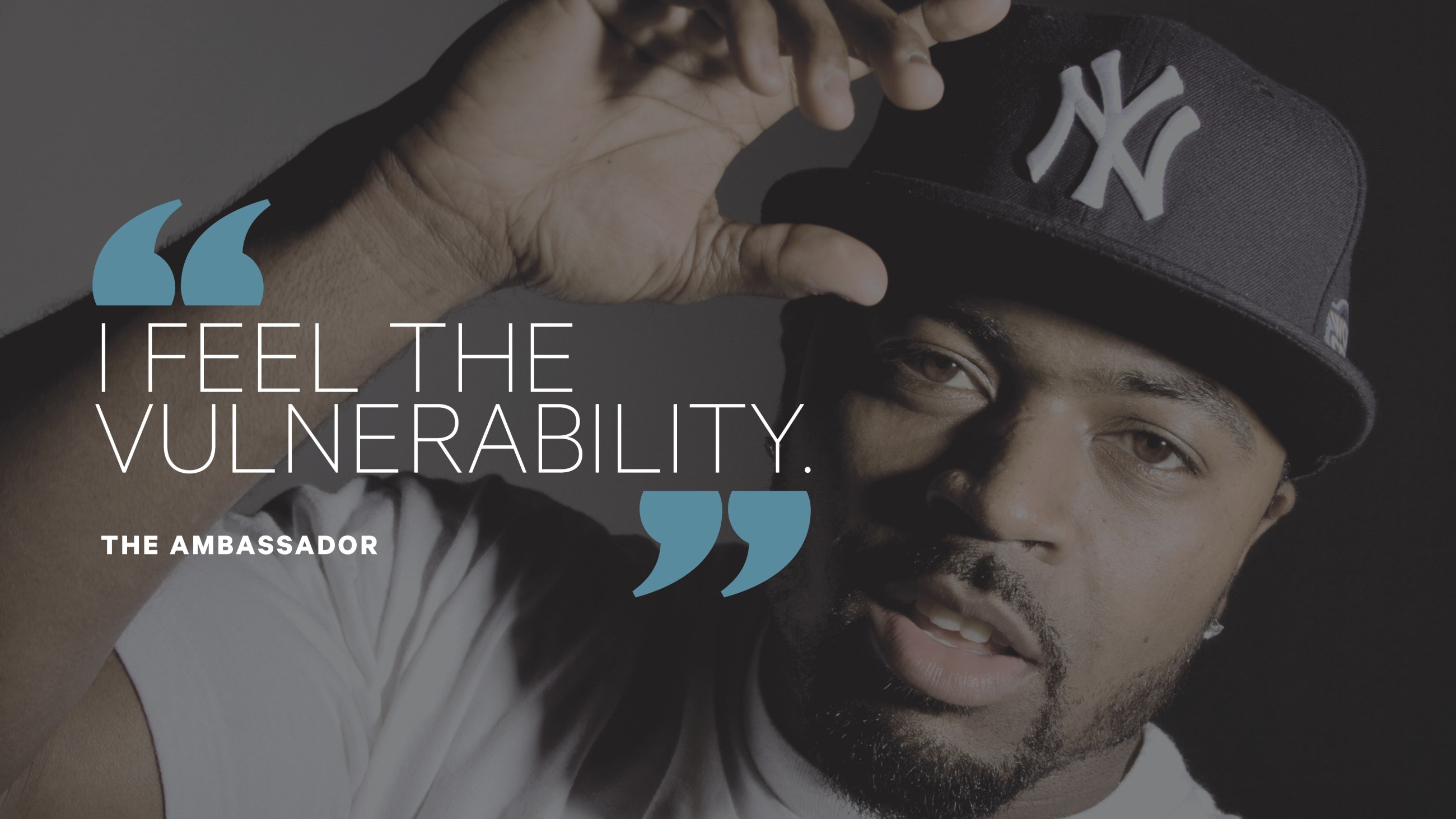Ask any number of emerging Christian rappers or urban church leaders about the voices they grew up listening to, and before long, you’ll start to notice a trend: They’re likely to name William “Duce” Branch, also known as “The Ambassador,” among their influences. As a founding member of hip-hop group The Cross Movement, Branch and his fellow artists helped to blaze a trail for Christian hip-hop in the ‘90s and ‘00s, producing groundbreaking, theologically rich tracks at a time when gangsta rap was still at the height of mainstream popularity.
Branch has also served as a minister—though, as he readily admits, he had a “fall” when he became involved in an inappropriate relationship with a member of his church. The consequences of his failure were hard and alienating, but as he’s grown past it, he’s learned a lot about the value of honesty and God’s unflinching redemption.
On this week’s episode of The Calling, CT managing editor Richard Clark sat down with Branch to talk about his past missteps, his future hopes, and the mission that keeps him motivated. Here’s a preview of what he had to say:
On airing dirty laundry: “I’m still annoyed at the principle that we teach through elevation and then we scandalize and push off to the darkness the humiliation. I didn’t want to do it like that. I wanted to actually show people that when God brings you to your senses, you can use it as part of the story in community with people who are riding with you.”
On the dark side of being a “successful” minister:“When ministry succeeds, it changes everything. When everyone are just scrappy little wannabes, it’s beautiful. When you succeed, you begin to hang around people who succeed. Eventually, you only hang around people who succeed. And in my case, once you have to come in and take the bench, you lose everyone. . . . Successful ministry breeds a tier of people who only mess with the successful.”
On Christ’s place in Christian music: “I have a respect for the freedom that an artist has to do ‘just art.’ But I think ‘just art’ is different from art surrendered to a truly missional paradigm. I do think it’s impossible for Jesus to be muted, and you claim that your primary goal is to make him known. I’m not in step with that viewpoint. But I want to be able to disagree with that and still high-five and have a burger with the person who says differently.”
On forgiveness: “Relationship, when it’s gospel, is not performance-based—‘Well, give me time, and we can have relationship.’ God does not make you his child over a process. He awards you, by grace, sonship, and then conforms you to the image as a son.”
Subscribe to The Calling on iTunes.
The Calling is produced by Richard Clark and Cray Allred.
Theme music by Lee Rosevere, used under Creative Commons 4.0.









